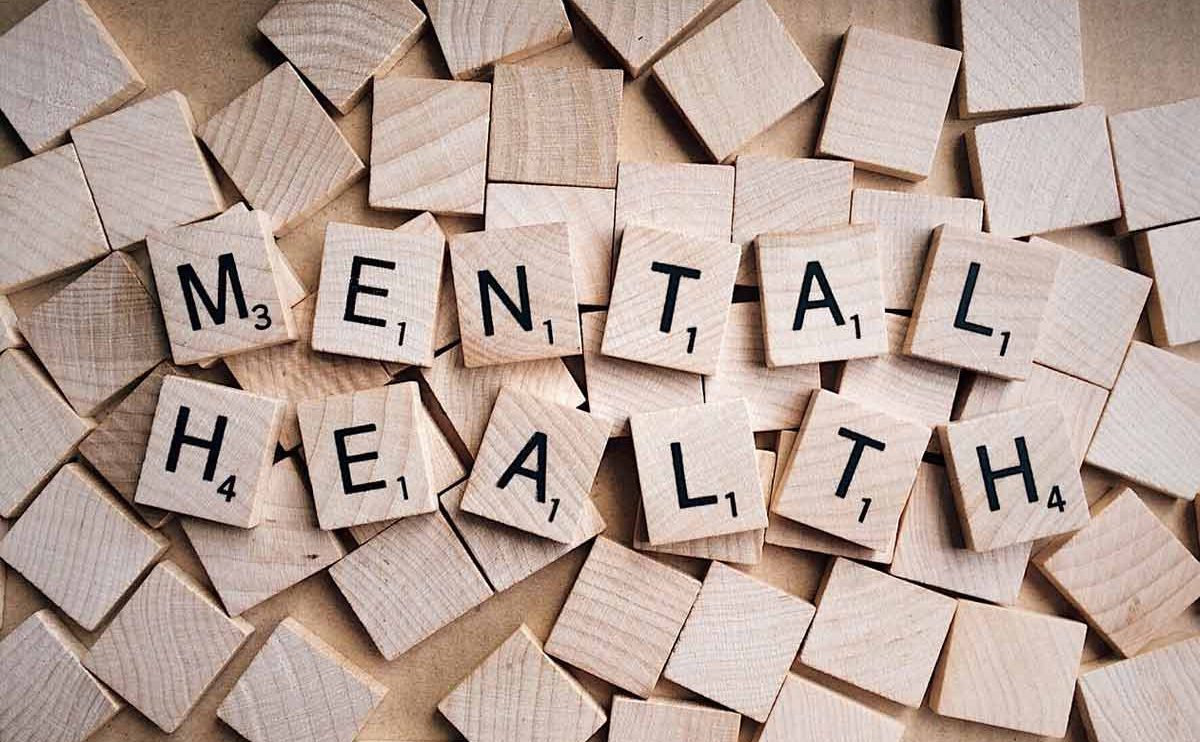In today’s fast-paced and demanding world, mental health has become a crucial aspect of overall well-being. Our mental health encompasses our emotional, psychological, and social well-being, influencing how we think, feel, and act, as well as our ability to handle stress, relate to others, and make choices. It is essential to prioritize mental health at every stage of life, from childhood and adolescence through adulthood.
1. What is Mental Health?
Mental health encompasses our emotional, psychological, and social well-being. It influences how we think, feel, and act, and affects various aspects of our lives, including stress management, relationships, and decision-making processes. Mental health is not just the absence of mental illness; it is about maintaining positive mental well-being and resilience.
2. Common Mental Health Conditions
Mental health conditions can range from mild to severe and affect a person’s thinking, mood, and behavior. Common mental health conditions include anxiety disorders, depression, bipolar disorder, schizophrenia, eating disorders, and post-traumatic stress disorder (PTSD). These conditions can significantly impact an individual’s daily life, relationships, and overall functioning.
3. The Impact of Mental Illness
Mental illnesses can have a profound impact on individuals and society as a whole. They can affect relationships, work performance, academic achievements, and overall quality of life. It is essential to understand that mental illnesses are not a choice, weakness, or character flaw; they are legitimate health conditions that require understanding, support, and proper treatment.
4. Early Warning Signs & Symptoms
Recognizing the early warning signs and symptoms of mental health problems is crucial for early intervention and support. Some common signs include changes in sleep patterns, social withdrawal, lack of energy, feelings of hopelessness or helplessness, unexplained physical ailments, increased substance use, mood swings, persistent thoughts or memories, and difficulty performing daily tasks. It is important to seek help and support if you or someone you know is experiencing these symptoms.
5. Overcoming Mental Health Challenges
Living with a mental health condition can present various challenges. However, there are strategies and techniques that can help individuals manage their mental health effectively. These may include developing coping mechanisms, practicing self-care, seeking professional help, engaging in support networks, and adopting a holistic approach to overall well-being.
6. Breaking the Stigma Surrounding Mental Health
One significant barrier to seeking help for mental health issues is the social stigma associated with mental illness. Breaking this stigma requires open conversations, education, and empathy. By promoting understanding and acceptance, we can create an environment where individuals feel comfortable seeking help and support for their mental health needs.
7. Seeking Professional Help
Seeking professional help is an essential step in managing mental health conditions. Mental health professionals, such as psychiatrists, psychologists, and counselors, can provide diagnosis, therapy, and medication management when necessary. They offer a safe and confidential space to explore emotions, develop coping strategies, and facilitate personal growth.
8. Promoting Mental Well-being
Promoting mental well-being involves adopting a proactive approach to self-care and maintaining a healthy lifestyle. Regular exercise, sufficient sleep, a balanced diet, stress management techniques, and engaging in activities that bring joy and fulfillment are all essential for maintaining optimal mental health. Small changes in daily habits can have a significant positive impact on mental well-being.
9. The Role of Community Support
Building a supportive community is crucial for individuals with mental health conditions. Family, friends, support groups, and online communities can provide understanding, empathy, and encouragement. Connecting with others who have shared experiences can help reduce feelings of isolation and provide a sense of belonging.
10. Tips for Living Well with a Mental Health Condition
Living well with a mental health condition requires adopting certain strategies and habits. These may include staying connected with loved ones, setting realistic goals, engaging in activities that bring joy, practicing relaxation techniques, seeking therapy or counseling, managing stress levels, and following treatment plans prescribed by mental health professionals.
11. Understanding the Link between Mental and Physical Health
The connection between mental and physical health is significant. Poor mental health can negatively impact physical well-being and vice versa. Engaging in regular physical activity, maintaining a healthy diet, getting enough sleep, and managing stress are all crucial for supporting both mental and physical health.
12. Strategies for Stress Management
Stress is a common part of life, but excessive or chronic stress can take a toll on mental health. Implementing stress management techniques can help individuals cope effectively. These may include deep breathing exercises, mindfulness meditation, engaging in hobbies, practicing time management, and seeking support from loved ones.
13. Nurturing Healthy Relationships
Positive and healthy relationships play a crucial role in maintaining good mental health. Building strong connections with family, friends, and supportive individuals fosters a sense of belonging, love, and emotional well-being. It is important to invest time and effort into nurturing these relationships and seeking support when needed.
14. The Importance of Self-Care
Self-care is an integral part of maintaining good mental health. Taking time for oneself, engaging in activities that bring joy and relaxation, setting boundaries, practicing self-compassion, and prioritizing personal well-being are essential












Add Comment